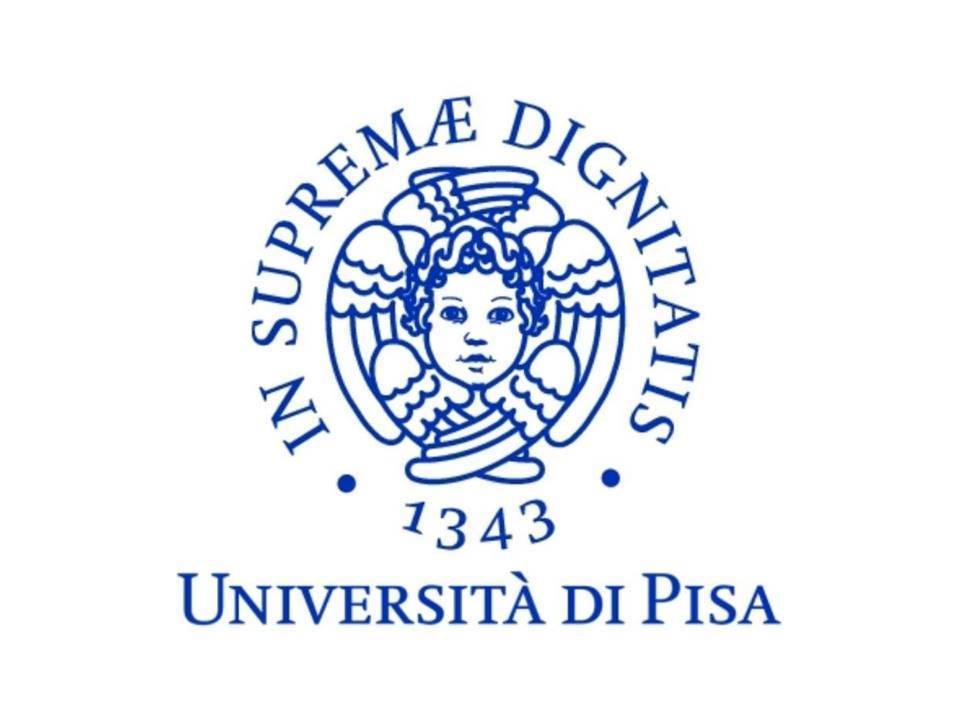
The immunology curriculum promotes cutting-edge research in autoimmune and autoinflammatory diseases, adult immunodeficiencies, and allergic diseases. Research topics covered include the interaction of innate and adaptive immunity in the pathogenesis of systemic autoimmune diseases, immunological memory, and vaccine responses in infectious and autoimmune diseases, the role of innate immunity in type II inflammation, the impact of autoantibodies on organ damage, and the interplay of innate and adaptive immunity in fibrosis. In the field of microbiology, the curriculum is designed to provide students with a comprehensive understanding of host-parasite relationships in viral, bacterial, and fungal infections, including immunity to infection. Additionally, students will explore the study of virulence factors and pathogenicity determinants of pathogenic microorganisms, as well as the identification and development of new molecules with antimicrobial and/or antiviral activity, and new delivery systems. The program also delves into the mechanisms of viral neuropathogenesis and the in vitro and in vivo analysis of host-directed antiviral candidates against arbovirus, enterovirus, and herpes simplex virus infections. Furthermore, students will explore the human bacteriome/virome in relation to the stage of human health and disease and the development of viral vectors for gene therapy and vaccination. The program is designed to encourage innovative research projects using the latest methodologies and technologies, ensuring that graduates have the knowledge and skills necessary to succeed in their future endeavors.
